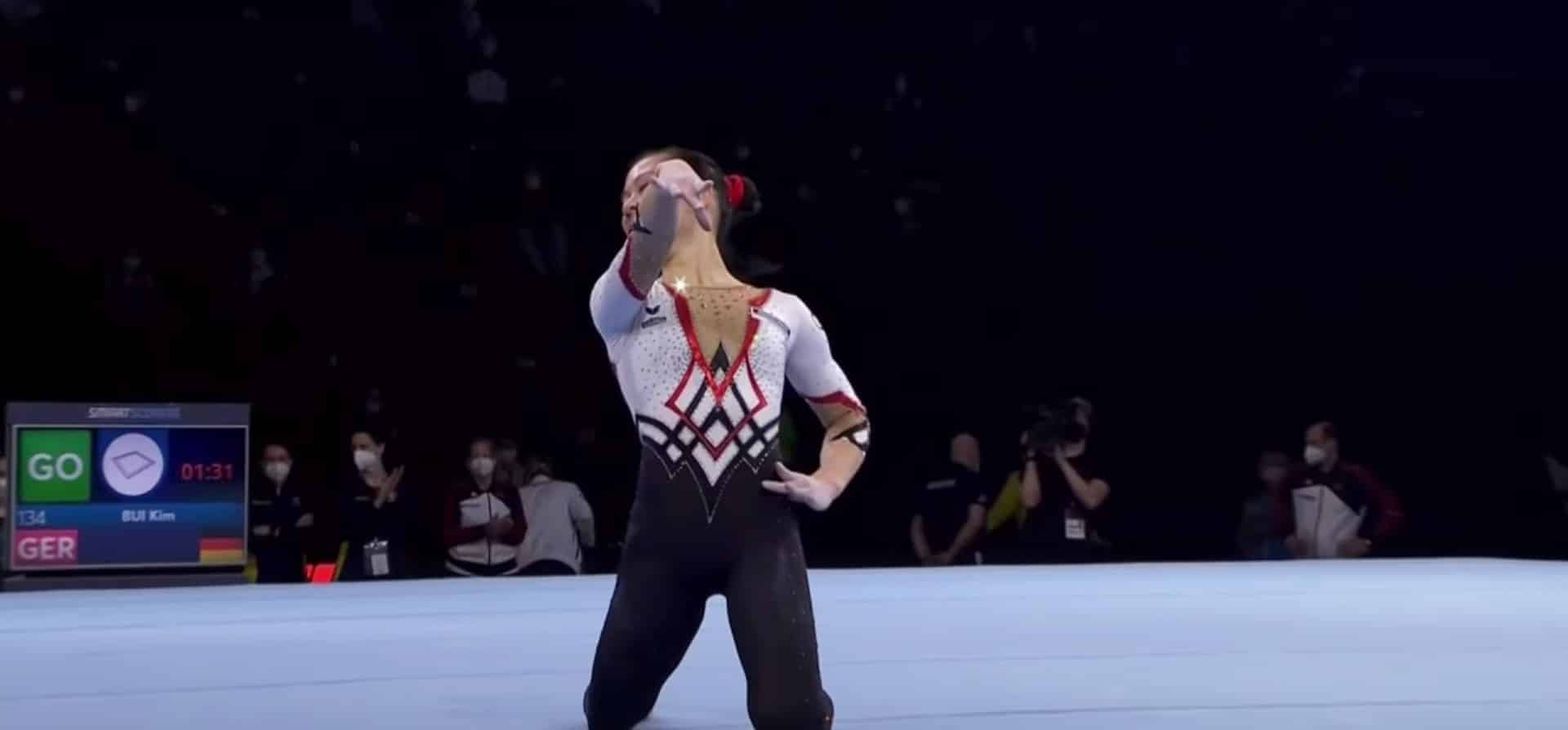The world has turned upside down in Tokyo. When the mainstream media reported that the 2020 Olympic Games could serve as a feminist turning point in the sports sphere, the last thing one would imagine is that modesty would become a revolutionary battle cry.
For the last decade, major outlets have pushed for viewing modesty as a vicious “tool to keep women in their place.” But now, the champions of the sexual revolution are cheering on the fight against skimpy clothing. Has the modern feminist abandoned Simone de Beauvoir and embraced biblical teachings on prudence and dignity (1 Timothy 2:9-10)? Not really, but they seem to make a case, indirectly, for the attainment of such views. From the creators of “I wear what I want because men are the ones who need to change,” I present you with: “We will dress in a less vulgar manner because we feel uncomfortable.”
Last Sunday, the Norwegian women’s beach handball team challenged the uniform rules set by the International Handball Federation. Members of the squad played their bronze medal game in shorts instead of the mandated bikini bottoms. Consequently, each member was fined 150 euros after the lost match. This was a price they were willing to pay, according to Norway’s Martine Welfler, who argued that challenging the attire rules is “an important battle” and said that she is “very proud” to take a stance on the issue. The federation responded in a statement that outfit uniformity was required to “further promote the sport.” This led to accusations of machismo against the rule-makers. Even Pink, the feminist American singer, offered to pay the fines for the Norwegian team.
The New York Times’ Jenny Gross responded to the incident by noting the disparity in outfit requirements between the sexes. She pointed out that while women in beach handball have to wear “close fit and cut on an upward angle” bikini bottoms, men wear tight shorts as long as they remain four inches above their knees.
Call me Socrates, but when I read that, my first thought was that maybe, just maybe, the disparity had something to do with the phenomenon of men possessing testicles. Also, if it is a beach sport, why is it so strange for men and women to have different underpants? But humor aside, women’s concerns about cameras zooming in on their bodies are respectable. And if women could wear shorts, most fans would have no problem.
The Norwegian women’s beach handball team is not alone in its pursuit of modesty. The German women’s gymnastics team also made waves for competing in full-length unitards. The media’s reaction to this was also laudatory.
NBC News, for instance, quoted a gender studies professor who said, “These Games are a turning point for women athletes to take control over arbitrary uniform requirements that have nothing to do with improving their participation, but are a form of controlling their bodies.”
That’s quite a different tune than “modesty is a tool to keep women in their place.”
























